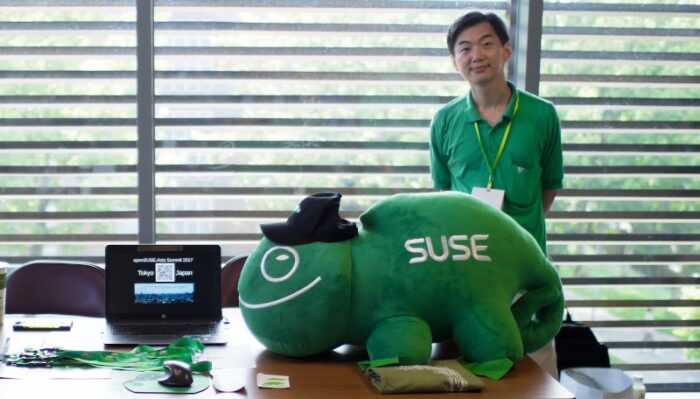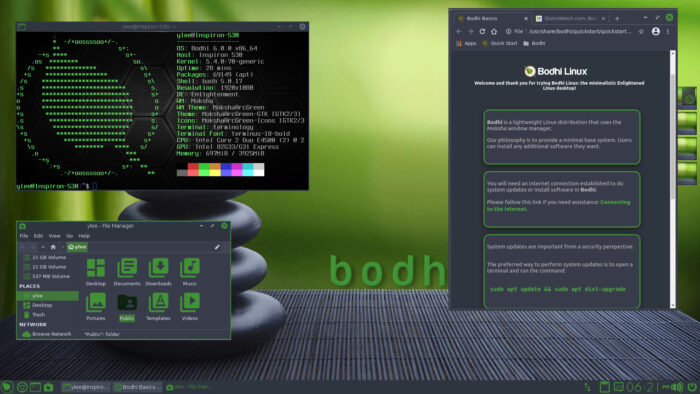Currently an experimental project, Slowroll is a hybrid distro that seeks to meld the stability of a fixed release distro like openSUSE Leap with the advantages of a rolling release like openSUSE Tumbleweed.
Posts published by “Christine Hall”
Christine Hall has been a journalist since 1971. In 2001, she began writing a weekly consumer computer column and started covering Linux and FOSS in 2002 after making the switch to GNU/Linux. Follow her on Twitter: @BrideOfLinux
Two new seats on EFF's board are filled by Erica Astrella and Yoshi Kohno, who bring valuable experience in diversity, equity, inclusion, security research, and data privacy to the table.
The "test week," is for testing Linux kernel 6.5 ahead of the release of Fedora 39, and the "test day" is for testing changes made to Toolbx container software.

FOSS Week in Review: LibreOffice Fixes Bugs, KDE Release Plans, Automakers ‘F’ on Privacy, and more…
In this week's roundup, we look at the winding down of LibreOffice's 7.5 series, how KDE's getting it together for Plasma's upcoming 6.0 release, Mozilla's look at privacy issues and modern automobiles, and more.
Lordy! Lordy! Lordy! Gnu’s turning 40! The Free Software Foundation is pulling out all of the stops for a birthday celebration hack day on October…
None of the Gnome extensions that are in use now will work on Gnome 45 when it's released on September 20.
In many ways, KDE Gear's apps supply the backbone on the Linux desktop experience. Newly released KDE Gear 23.08 brings many changes to these apps, and we look at them here.
Armbian and Linux From Scratch both had new releases this week, and ReiserFS was back in the news. Also: news headlines that gave us a chuckle.
The cryptocurrency funded Brave Browser has a new proprietary AI assistant; new versions of Kali, KDE Gear, and LibreOffice; with changes on the way in The Document Foundation's versioning scheme.
New users of Bodhi Linux might be confused about which of the four available ISO images to use. We've got your back.









